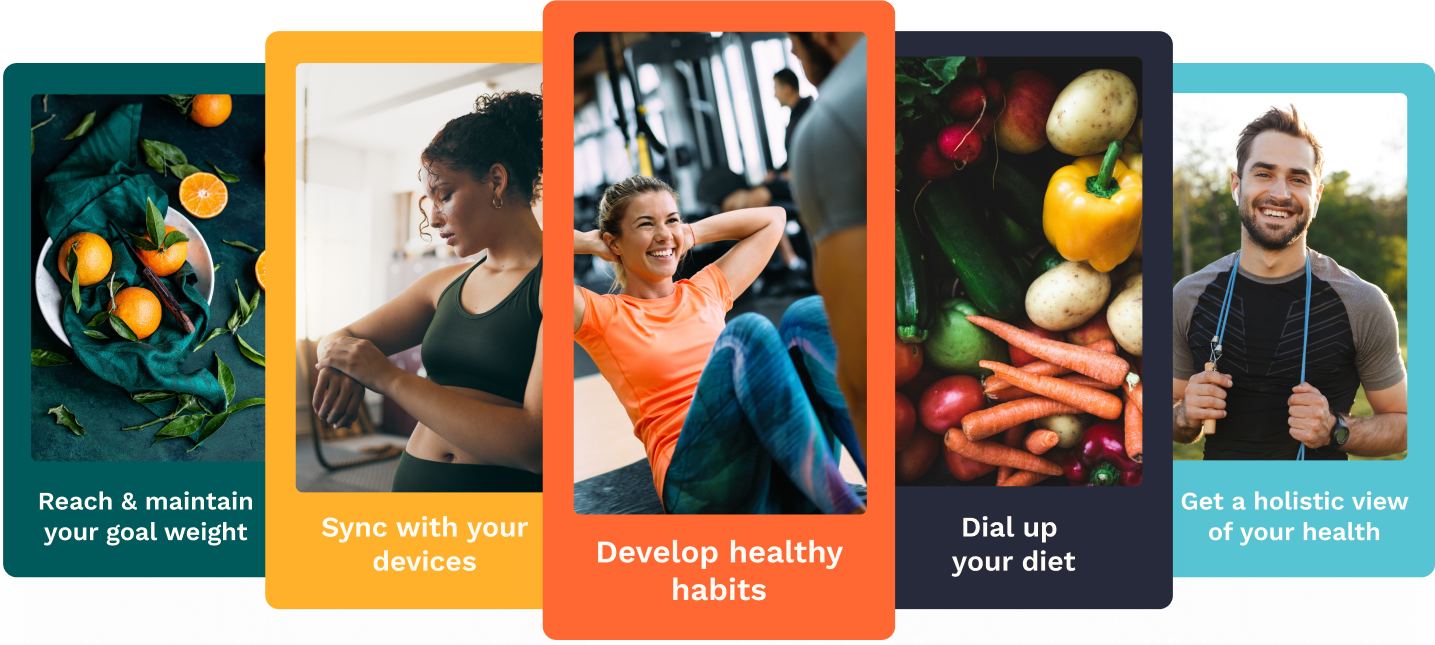This month, in celebration of Men’s Health Month, we’re switching gears and putting males into the spotlight to dive deeper into everything to do with men’s health. In addition to releasing a men’s health Nutrition Score to all free users for the month, we’ll be uncovering some key nutrition considerations for males to keep in mind.
For this blog in particular, we’ll be talking all about protein, a macronutrient that many men prioritize over any other macro or micronutrient.
The Function Of Protein
Protein is made from 20+ basic building blocks called amino acids and provide structure for your body in muscle, skin and collagen. Protein is found throughout the body—in muscle, bone, skin, hair, and virtually every other body part or tissue. It makes up the enzymes that power many chemical reactions and the hemoglobin that carries oxygen in your blood. At least 10,000 different proteins make you what you are and keep you that way. (1)
Studies show that eating healthy sources of protein can lower the risk of several diseases and premature death (1).
Protein & Your Diet
You need enough total protein in your diet to replace proteins that breakdown each day. You also need to get essential amino acids in balance throughout the day to build those proteins. The recommended minimum amount of protein per day is 0.8 grams per kilogram of body weight.
Animal sources of protein include meat, fish and eggs while plant sources include soy, beans, tofu and peanuts. For those concerned about their protein intake who follow a plant-based diet, take a look at our plant-based Nutrition Score, available to Gold Subscribers.
Tracking Protein In Cronometer
To make sure you’re getting enough protein in your diet, if you’re not already, start tracking your food in Cronometer!
In the mobile app, navigate to your Daily Report and you should see your protein intake on the first circle or scroll down to the macronutrients section. You can also click on this to edit your targets, see your top sources and to learn more information about protein in general.
On the web app, you can scroll down on your Diary Screen (main page) to see protein listed under the macronutrients section. You can hover over to learn more information or click to edit your targets and view your top sources.
Resources
1. The Nutrition Source, Harvard T.H. Chan School of Public Health. Link




